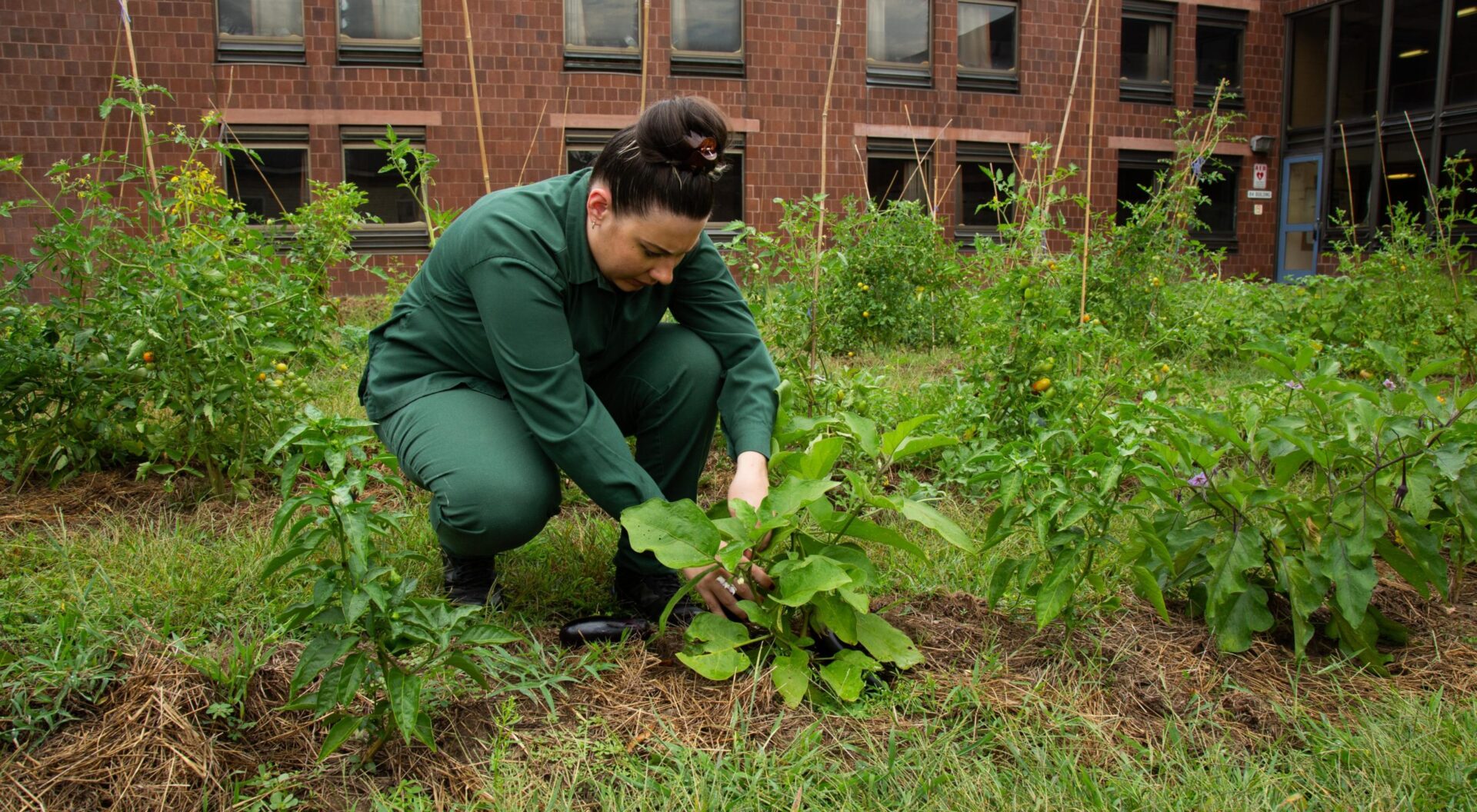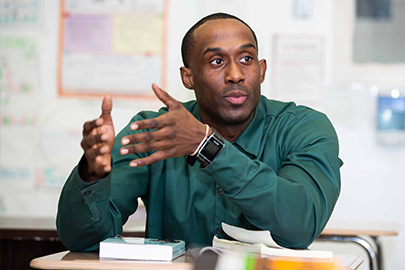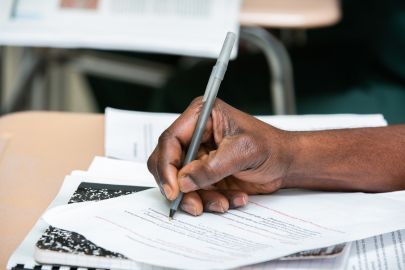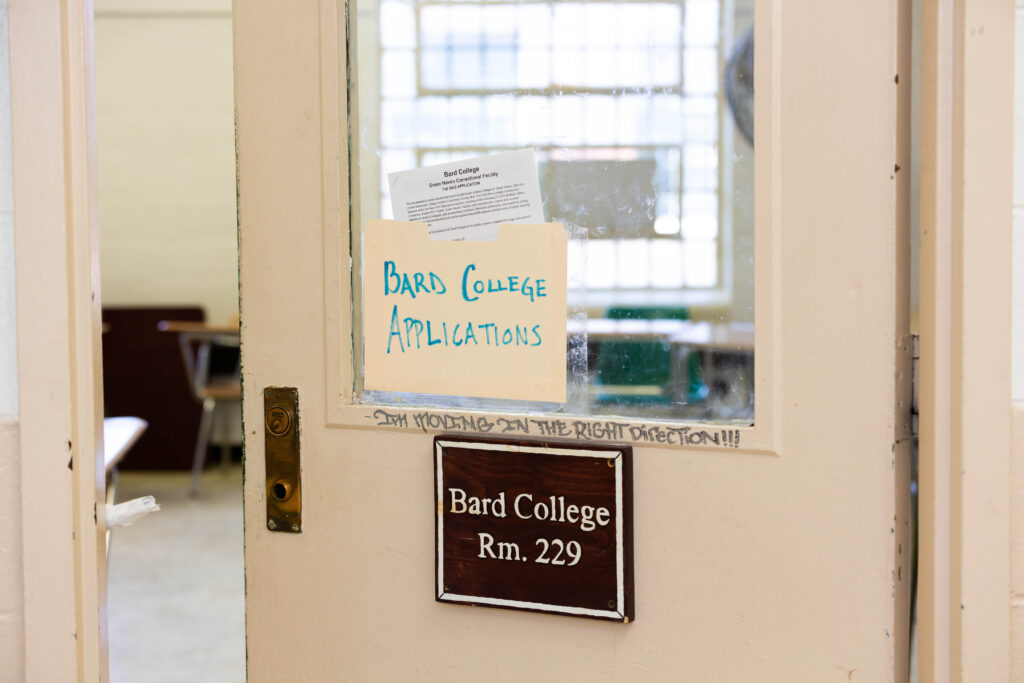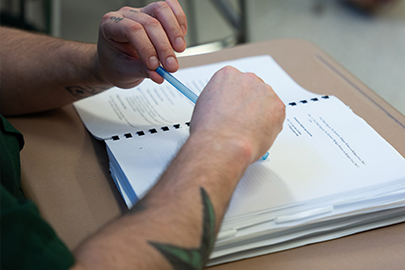The gardens at Fishkill, Taconic, and Woodbourne are all put to bed for the winter. We had a challenging season, with little water and a lot of heat, but students at all three facilities worked in solidarity with the plants they were growing, all demonstrating resilience, resistance and deep, symbiotic care. The fall season is bittersweet: it is full of abundant harvests, but also brings the pulling of plants from the ground that have given their all in order to be put into next year’s compost pile. At one of the facilities, we held a garden recap meeting to jot down some thoughts on the growing season. Sure, we listed lessons learned – like ALWAYS prune your tomatoes, get lessons on the art of watering, hill potatoes sooner, remember how delicious arugula is, and make space for more beauty (i.e., plant more flowers). We also shared our re-connections with nature, recognizing how we are a part of the beating ecosystem and that care is at the center of our stewardship. The shared space in the garden speaks to us and is used for collective sustenance, where we practice coming together to cultivate and celebrate.
Our final and most hopeful act in the garden is starting the next year’s growing season by putting garlic in the ground. We source the best seed garlic we can find, with large cloves that are grown with no chemicals and with abundant love. The mighty garlic clove is regenerative by nature. It is pulled from the ground and all that nurtures it and yet remains alive, able to regenerate an entire head of garlic from itself. Planting garlic allows a gardener to reflect, act and predict. We reflect on the health of our garlic harvest during the season, act on plans to enjoy it and to grow even tastier garlic for the next season. Then, we predict the best time to plant, best beds to plant it in, and best guess that next year will indeed bring another opportunity to steward the land, practice skills in self-sufficiency and build community and hope amongst the gardeners. As educator and organizer M. Kaba writes: “Hope doesn’t preclude feeling sadness or frustration or anger or any other emotion that makes total sense… Hope is not optimism. Hope is a discipline… we have to practice it every single day.” The planting, tending and caring for a garden – the land and all life on it – is one of those practices.
